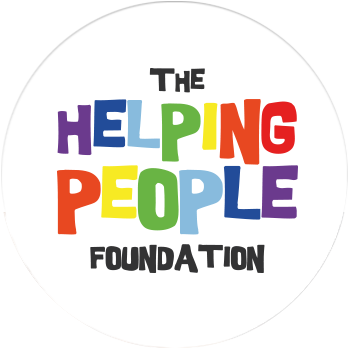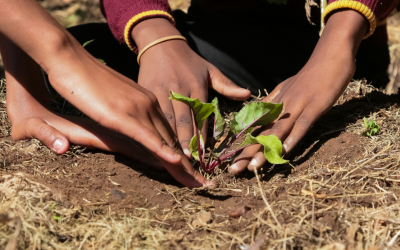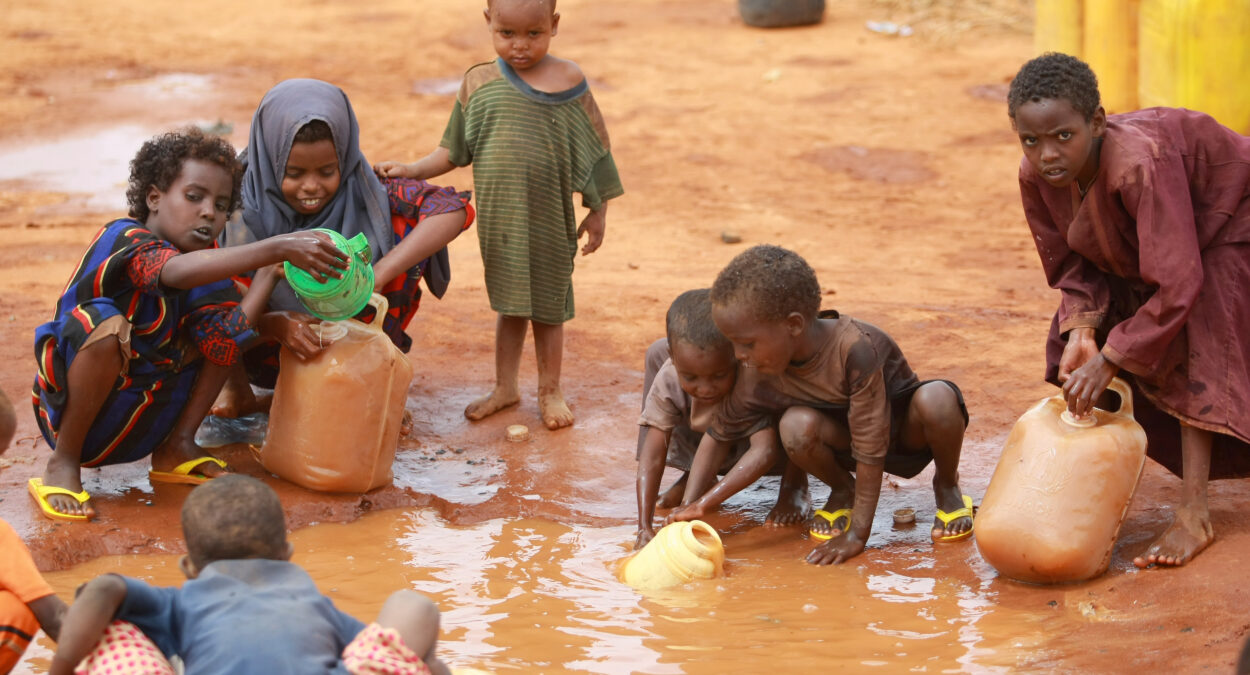CURRENT LIVING CONDITIONS IN MALI
SCHOOL
Less than 70 per cent of the children go to primary school, and only half complete it. Almost two thirds of the adult residents can neither read nor write. There is no disputing the need for reform, but the general situation does not allow for any major measures.
MEDICINE
Healthcare is poor. Almost 80 per cent of the population do not have adequate sanitation, and many do not have access to clean drinking water. This is also why the average life expectancy is only 59 years. The main causes of high child mortality are diarrhoea and malaria - about one fifth of children do not live to see their fifth birthday.
Water
In the last 20 years, great efforts have been made to improve the water supply for the population. Mainly due to the construction of wells, 60% of the population had access to safe water in 2007, compared to 30% in 1987. In tandem, the proportion of people without access to latrines shrank to 20%, which is significantly less than in neighbouring countries. Population growth and rapid urbanisation are pushing infrastructure to its limits, and the access to quality water in rural areas is still significantly worse than in urban areas.
nutrition
The main foodstuffs in Mali are the cereals millet, sorghum, rice, fonio and maize. Rice is grown in Mali or imported; it is only served in the countryside on special occasions, but almost half of it is served in the city. The cereal is prepared for breakfast as porridge, possibly with milk and sugar, and in wealthy households supplemented with bread. For lunch and dinner, millet or rice are eaten together with a heavy sauce of oil, vegetables and/or baobab leaves. Only the wealthiest Malians regularly include meat and fish in this sauce.

Geography
Mali is a landlocked country in north-western Africa and belongs to the Sahel zone Neighbouring countries are Senegal, Mauritania, Algeria, Niger, Burkina Faso and Côte d'Ivoire (Ivory Coast). It covers an area of 1.24 million square kilometres, four times the size of Germany.
Almost two thirds of the country is desert. In the southern part, however, there are wetlands shaped by the Niger River, which are used for agriculture and pasture. There, the climate is hot and humid, while a dry desert climate predominates in the north. The rainy season begins in June and ends in September, when floods and landslides occur. Dust and sand storms occur in all seasons.

History
Like most states in Africa, Mali only came into being in its current size as a result of border demarcations in the colonial period. France occupied what is now Mali in the 1880s mainly to push other colonial powers out of the region, and French traders also had an interest in the area. The main aim was to get the population to produce goods for the international market through forced labour, amongst other things. The era of colonialism ended for Mali only with its independence in 1960.
The history of the region does not begin with colonialism, of course.It is known, for example, that a city culture already existed in the area of the inland delta of the Niger around 300 BC. From the 4th to the 11th century, the Ghana Empire was the dominant power in the southern part of what is now Mali, followed by the Islamic Mali Empire, which in turn was succeeded by the prosperous Songhay Empire. By the end of the 16th century, the time of these large, quite developed kingdoms was over; smaller and significantly weaker dominions followed.
Soon after independence, the Bambara ethnic group from the south of the country gained political, economic and military dominance. Many Tuareg from northern Mali have never come to terms with this - this burden continues to weigh on the country. Also immediately after Mali gained independence in 1960, the Soviet Union rushed to the country's aid militarily - which led to certain sympathies for Russia there to this day. Even more recently, the Malian government described Russia as a "historic partner".
It is no surprise, then, that under the first President Mobido Keita, a decidedly socialist policy was pursued. Keita's policies became more repressive the more the economic situation deteriorated - and so in 1968 there was a military coup led by Moussa Traoré. Of course, as president, he was not able to improve the economic situation either; further burdens for him were several natural disasters, Tuareg uprisings and armed border conflicts with Burkina Faso. This resulted in another coup d'état in 1991. After the first free elections in 1992, there were reforms in the administration and the judiciary, and a degree of stabilisation followed. The democratisation process was praised as exemplary. However, nothing changed in terms of poverty and corruption. And the Tuareg problem remained unsolved.

Economics
Mali is one of the ten poorest countries in the world. More than half of the population lives below the poverty line, one third is undernourished. About 56% of the inhabitants live in the countryside. Agriculture is the most important economic sector, 75% of the people work there. However, this does not ensure food for all. Above all, production is not keeping pace with population growth.
What is needed is to make agriculture less vulnerable to the consequences of drought and extreme weather.Key to high-yield agriculture is the water supply. With simple irrigation techniques, 2.2 million hectares of land could be mobilised for agriculture, but so far only 380,000 hectares have been successfully cultivated. At the same time, Mali has large water reserves and could therefore make a much greater contribution to the food supply of the entire region.
In Mali, economic and political problems fuel each other. Where attempts are being made to establish an Islamic state of God by force of arms, no one can farm continuously to provide an income and food for the country. And the lack of economic prospects in turn prompts many to join the Islamist separatists.
Among the problems that slow down the country's positive development are certain structures that seem almost archaic. For example, in the Kayes region, the practice of descent-based slavery is still widespread. Some of those affected flee and live poor lives as internally displaced persons in the capital or elsewhere. The authorities turn a blind eye, hardly any cases come before the courts.
Climate change is also a major problem for the country. Temperatures have been rising since the 1960s and droughts are becoming more frequent. The consequences are the decline of arable land and drying up water sources - this is bound to lead to conflicts with a rapidly growing population. People threatened by hunger and poverty are easily won over to extremist views, says the Stockholm Peace Research Institute SIPRI, describing the connection between climate change and political instability.
This can be illustrated by the conflicts between the settled farmers from the Bambara and Dogon ethnic groups on the one hand and the nomadic Fulani in the centre of the country. The issue is access to water and grazing land. The situation is escalated by population growth and ongoing desertification, which intensified resource conflicts.
Mali's main exports are cotton and gold, although the highly fluctuating world market prices are an obstacle to development. Mali is the world's fourth largest exporter of gold. Opportunities are offered by the so far hardly used deposits of bauxite, marble, uranium, iron ore, manganese, phosphate and diamonds, as well as the oil reserves in the north of the country. But the unstable security situation does not allow these natural resources to be exploited.

POLITICAL STABILITY CHALLENGE
In 2012, it became clear that much of the stability in Mali was only a façade. Separatist Tuareg and Islamist extremists had allied with each other. These forces first took control of the north of the country, then also of more central regions. As a result, the regular army was overrun. This was perceived by the population as a deep humiliation. Parts of the army were still able to stage another coup. The coup showed that the social support of Mali's state institutions was too weak.
The fact that Islamist extremists were now in charge of the insurgents in the north caused serious international concern. When the separatists from the north prepared to conquer the south as well, the then interim president Dioncaunda Traoré called on the former colonial power France for help. France had hoped for a larger international alliance; however, it was mainly French forces that defeated the Islamists in 2013. Only then was there a UN mandate for a peacekeeping force to stabilise the situation.
Meanwhile, a democratically legitimised government came into office in August 2013, so a return to constitutional order was quickly achieved - at least in appearance. For the ruling elites quickly fell back into the old patterns of corruption and nepotism. The government, which was re-elected in 2018, pursued the strategy of being able to advance understanding and reconciliation between the population groups through the decentralisation of political power.
This was to be secured as early as 2015 through an "Agreement for Peace and Understanding in Mali". The participants were the government, an alliance of Tuareg groups who want the north to be independent, and the so-called Platform, which brings together different ethnic groups and wants to preserve the unity of the country. But various Islamist groups dispute the validity of the agreement to this day. Conversely, however, President Kaita had also only reluctantly signed this agreement under international pressure and sabotaged its implementation.
France's military victory of 2013 was not sustainable. Although the territorial rule of the rebels was broken, attempts to establish an Islamic state did not have any lasting success. The defeat of the insurgents was so incomplete that they have since been able to engage in robberies, kidnappings, drug smuggling, arms trafficking and other criminal activities. The French troops failed to adequately counter the asymmetric warfare consisting of attacks and raids.
Sources:
deutschlandfunk. Mali and the Power of the Religious; URL: https://www.deutschlandfunk.de/mali-und-die-macht-der-religioesen-100.html#:~:text=In%20Mali%20bekennen%20sich%20mehr,lange%20Tradition%20im%20Land%20hat. (as at: 23.07.2013)
goruma. Mali: Geography and map; URL: https://www.goruma.de/laender/afrika/mali/landkarte-geografie (last accessed 29.01.2022)
statista. Mali: Total population from 1980 to 2017 and projections to 2026 (in millions of inhabitants); URL: https://de.statista.com/statistik/daten/studie/250136/umfrage/gesamtbevoelkerung-in-mali/ (as at: 21.01.2022)




